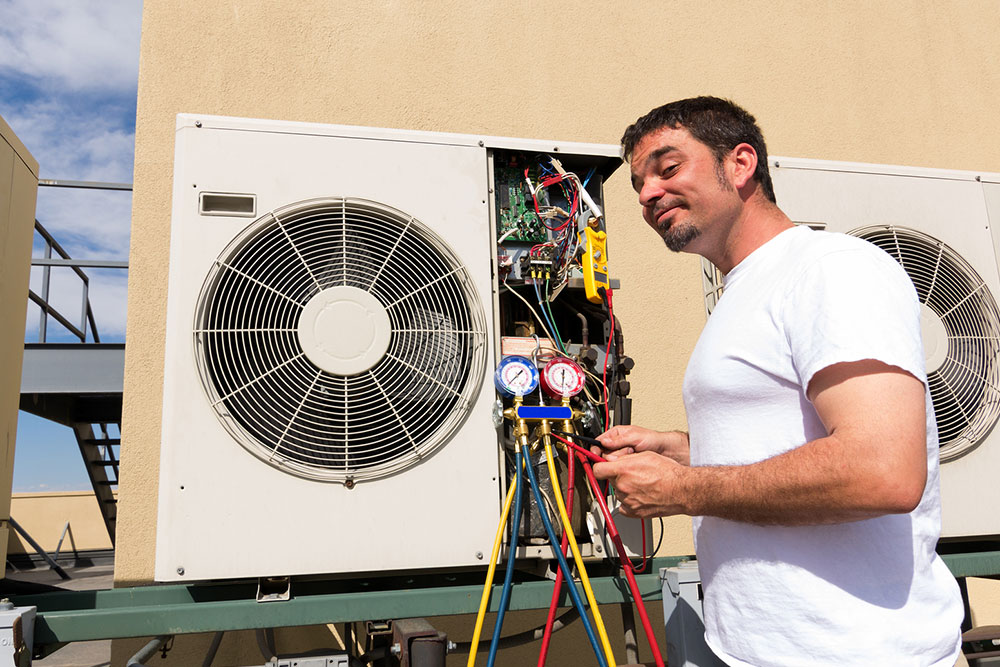Guidelines for aspiring HVAC technicians
The job profile of a heating, ventilation, and air conditioning (HVAC) technician includes the installation and repair of HVAC equipment and systems, wherein the technician reads the blueprints, installs the system, and test every single component to ensure the smooth running of the system. Here is a guide to becoming an HVAC technician.
High school diploma
An aspiring technician can start getting their skills prepped from school by opting for general curriculum courses such as chemistry, physics, and computer science.

Certificate or degree
Technical academies, trade schools, and community colleges offer HVAC certificate and associate degree programs that range from six months to two years. These classes include instruction of electricity fundamentals, gas properties, furnaces, hydraulics, boilers, piping, and ducts. Some courses are even coupled with internships for hands-on experience.
Learning on the job
Getting an opportunity to sign up with professional HVAC technicians and learning the ropes from scratch step by step is also an option. This process will require the trainee to start with small assistances, being an aid, fixing small repairs, getting to work on simple circuits, and loading of systems. When you have the experience, you can graduate to doing the job as a skilled technician. Taking up self-study courses will go a long way in preparing one for the job with full access.
Apprenticeship
The local industry contractor associations from HVAC may sometimes open up apprentice spots that will enable you to get hands-on learning while doing the job. This will not only pay and teach at the same time, some organizations even provide certification after the 3-5 year runs.
Getting the license: This is the most important factor because, otherwise, you will only be an aid and not get to handle the system son your own. Depending on the state that you live in, licensing requirements and eligibility may vary.















